`Your Silence is a Luxury’
The other night, I had a dream. It was inspired by a Martin Luther King Jr. biography--and sparked memories of participating in a protest in the wake of George Floyd's murder.
Two nights ago, I dreamt that I was part of a group marching in the streets.
When I woke up, neither the cause nor the identities of most everyone marching was clear. But two individuals stood out in the haze of those first fitful moments of consciousness: my late mother-in-law, Pat McCarthy, and my daughter, Maggie Rose.
Pat was an extraordinary lover of people, particularly those on society’s margins. Her presence in my dream, then, felt natural.
The timing makes sense, too—Pat was born on January 15, 1943, on Martin Luther King Jr.’s 14th birthday. Couple that with my reading habit the last several nights, King: A Life, Jonathan Eig’s excellent biography of the civil rights leader, and the focus of my dream feels almost inevitable.
The book includes accounts of King’s key role advocating fiercely and fearlessly for racial justice in the United States, starting with the Montgomery bus boycott launched in December 1955. Plenty of protest marches there.
As for Maggie Rose, in May 2020, four days after George Floyd’s murder by Minneapolis police officer Derek Chauvin, she announced that she and some friends wanted to participate in a protest the next afternoon in downtown Chicago.
Her intentions induced two emotions: pride and fear.
Bridgett and I have raised both our children to stand up for justice; we also recognize the volatility and even violence that can emerge from protests. In the end, we honored our pride while heeding our fear—rather than say “no,” we decided to go with our 16-year-old daughter.
On that sunny Saturday, we masked up to ward off COVID-19, took the “el” train into the city and joined a few thousand others at Daley Plaza. In the midst of the sadness, anger and frustration that brought us there, seeing others—and reading their signs—was an encouragement.
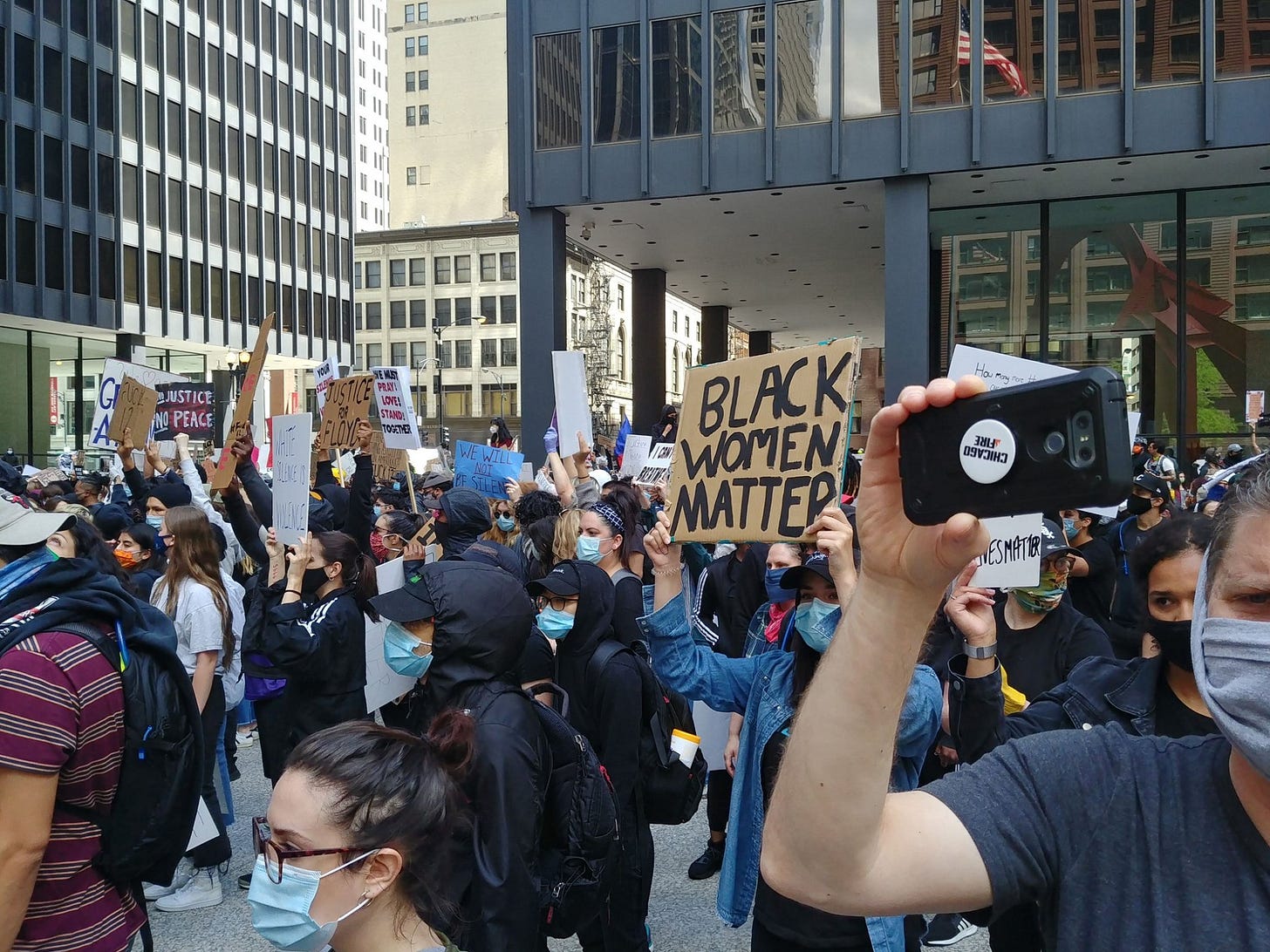
I was also heartened by the diversity of those who had gathered.
After a few hours of a peaceful if sometimes-tense proceeding, the throng disbanded after we encountered a phalanx of Chicago police officers blocking off Michigan Avenue (below).
At this point, it seemed there was nothing else to do and nowhere else to go. What now? People began drifting toward different areas, and we likewise started to walk a bit aimlessly.
Maybe 10 or 15 minutes later, I felt a vibe of unrest stirring, palpably, undeniably in the air. Then we saw a few people standing atop a Chicago Transit Authority bus. I’d seen enough; I didn’t hear windows shattering or see anyone engaged in fisticuffs, but the moment felt menacing.
I urged us onto a nearby train platform. Within a few minutes, we were headed back to our home 10 miles away. It wasn’t long before we learned that what had begun as a peaceful protest had given way to vandalism and other lawlessness.
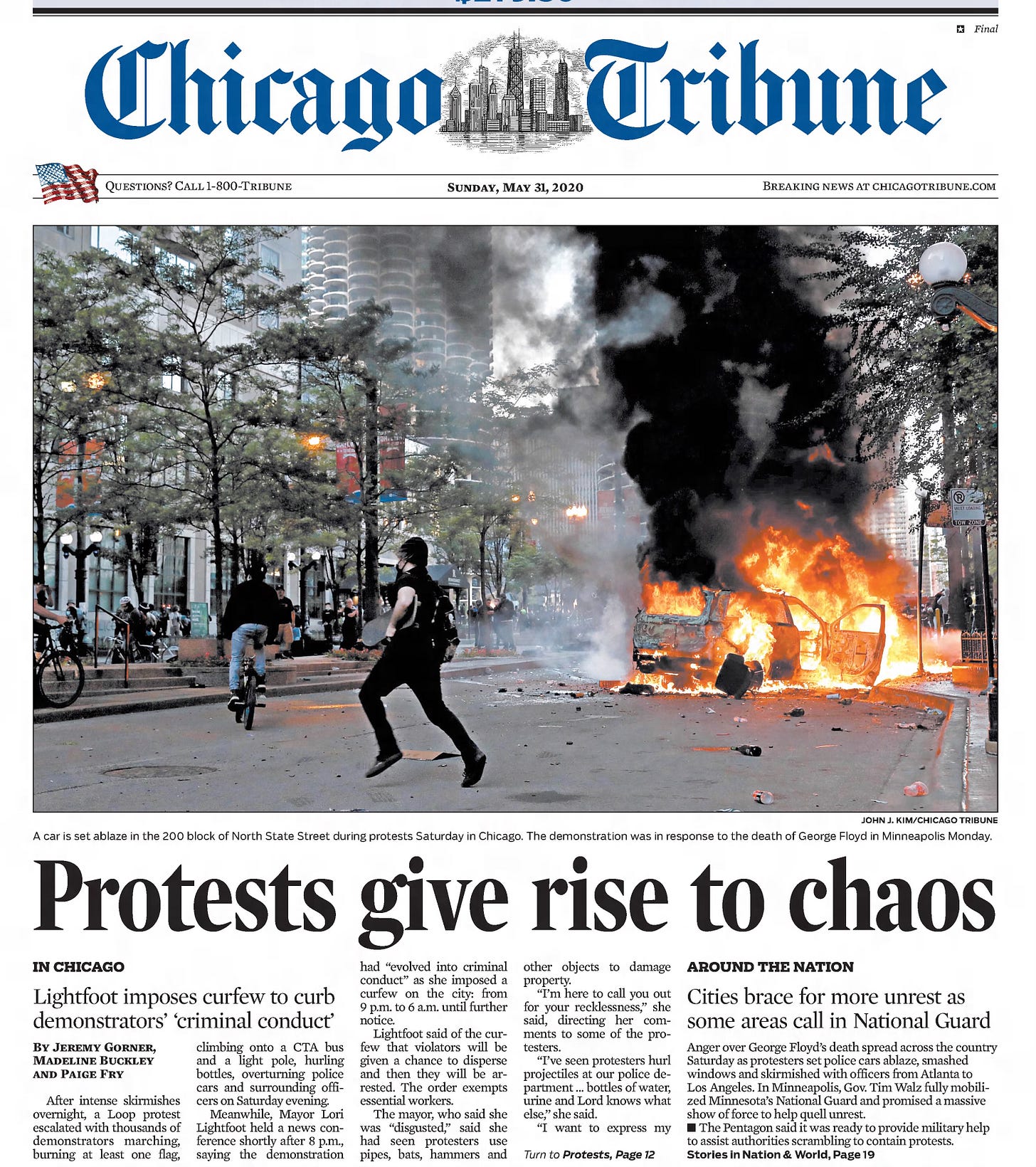
As disappointing as that development was, it didn’t undo what I had experienced. Quoting former President Barack Obama, who wrote a few days later in reference to protests all across the country1: “The overwhelming majority of participants have been peaceful, courageous, responsible, and inspiring.”
For me, the day's most potent message was one I’d heard before in various forms—and, on this day, was an arrow targeted straight at my soul: “Your silence is a luxury.”
It was one of many messages that King articulated powerfully in his life.
As Eig chronicles in a chapter entitled “Kennedy to the Rescue!”, two weeks before the 1960 U.S. Presidential election, King was found guilty of violating his parole on a previous highly questionable conviction for a minor traffic violation. Rather than suspend the sentence pending appeal, as King’s attorney requested, the judge sentenced him to four months of hard labor in Georgia’s public-works camp.
To that point, King’s relationship with Republican Presidential candidate Richard Nixon had been warmer than he’d developed with Democratic Presidential candidate John F. Kennedy. But while Nixon did nothing to intercede on King’s behalf, JFK stepped up. He phoned King’s wife, Coretta, and offered sympathy and help. Then, through intermediaries, he lobbied for King’s release.
After eight days of incarceration, about a week before the election, King was again a free man.2
While it’s impossible to know whether Kennedy’s effort was the difference in the tight race, it did spur on the printing of over 50,000 pamphlets, Eig writes, “for distribution in Black churches in an under-the radar campaign to remind Black voters that Kennedy, not Nixon, had cared enough to act, that Kennedy, not Nixon, had helped to liberate the nation’s leading Black activist.”
In short, while Nixon remained silent, Kennedy spoke up.
Another relevant passage from Obama’s essay:
”I’ve heard some suggest that the recurrent problem of racial bias in our criminal justice system proves that only protests and direct action can bring about change, and that voting and participation in electoral politics is a waste of time. I couldn’t disagree more. The point of protest is to raise public awareness, to put a spotlight on injustice, and to make the powers that be uncomfortable; in fact, throughout American history, it’s often only been in response to protests and civil disobedience that the political system has even paid attention to marginalized communities. But eventually, aspirations have to be translated into specific laws and institutional practices – and in a democracy, that only happens when we elect government officials who are responsive to our demands.”
Amen.
For a more thorough examination of this dramatic series of events, check out Steven Levingston’s article at Time.com, “John F. Kennedy, Martin Luther King Jr., and The Phone Call That Changed History.”


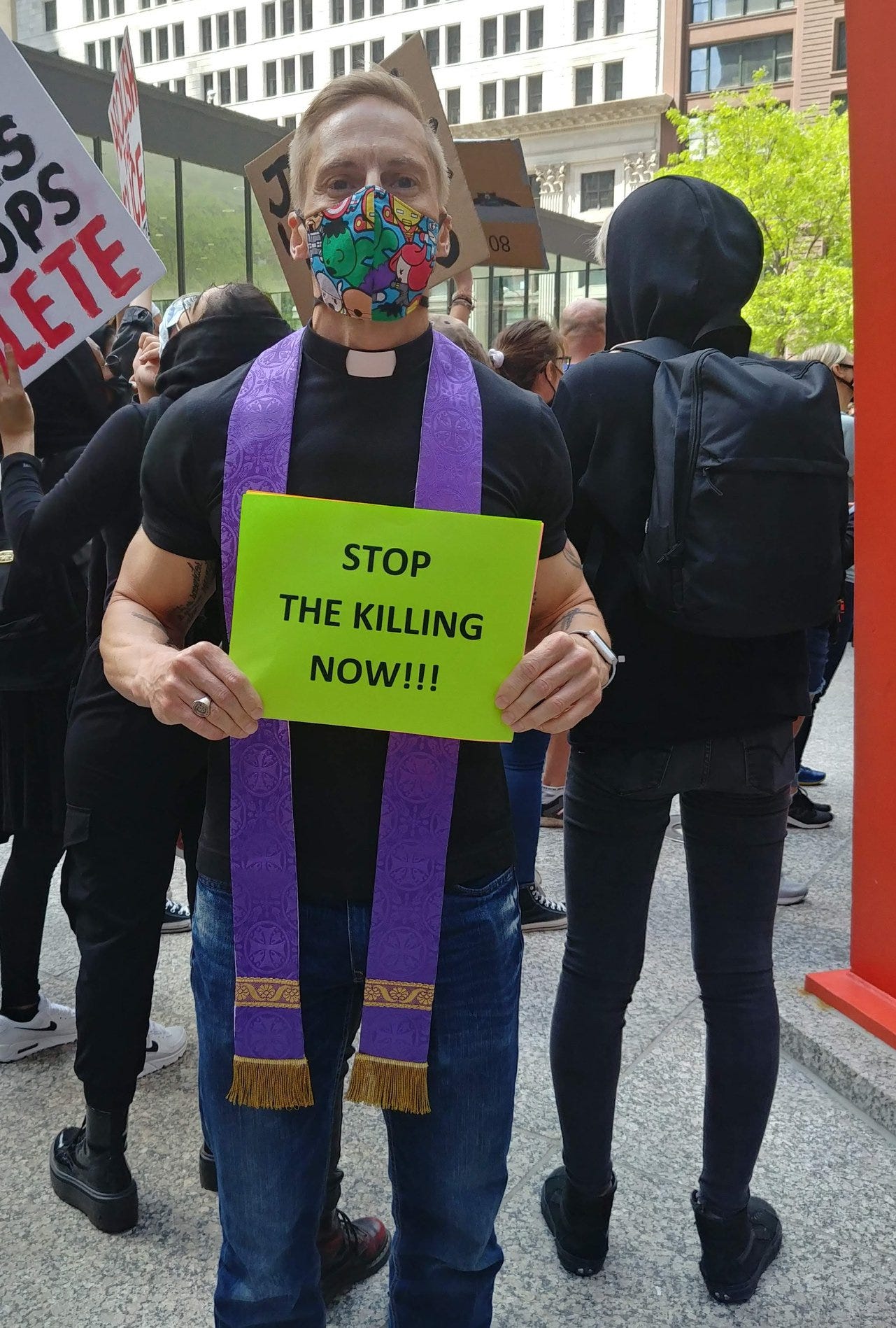
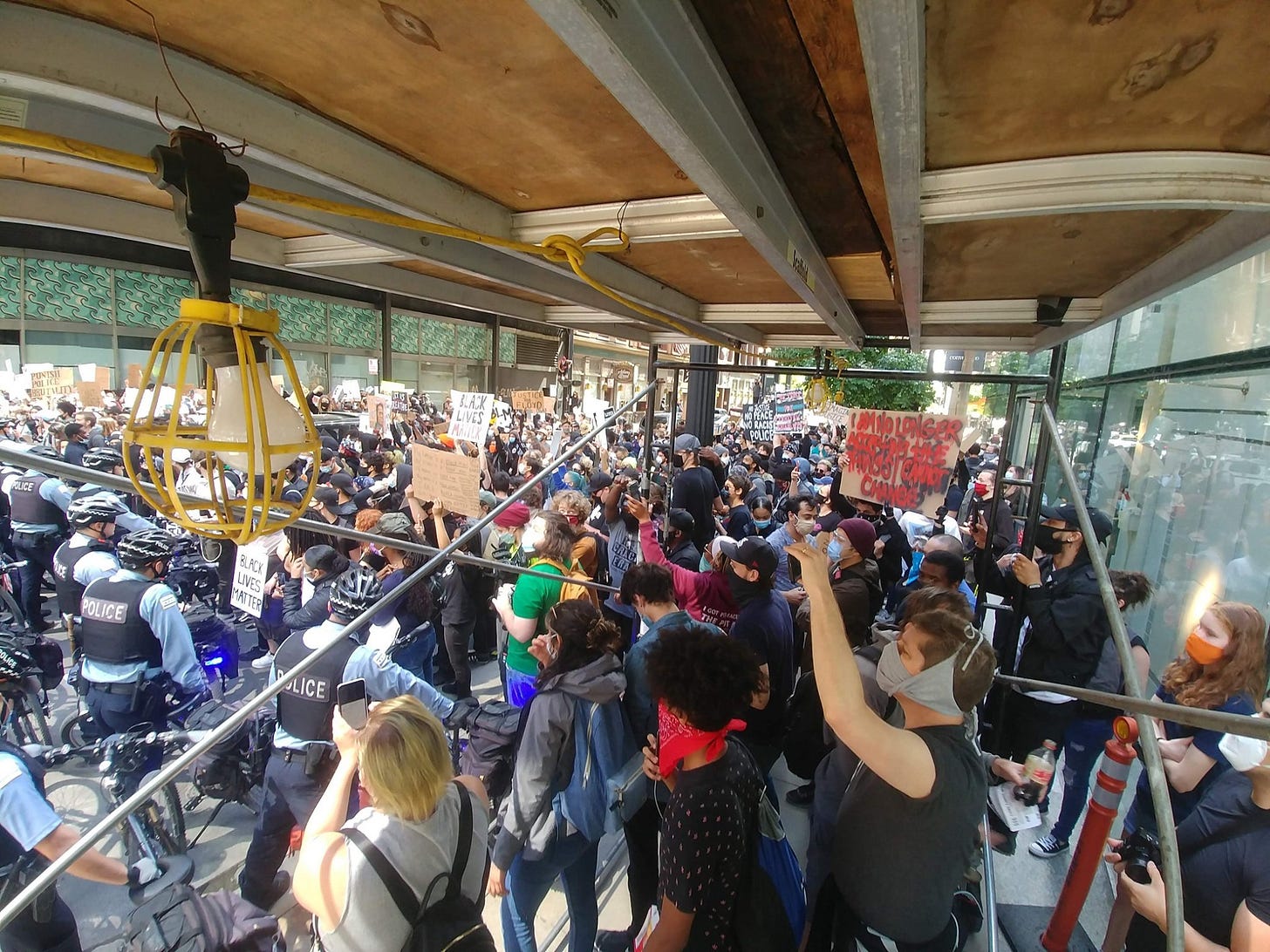
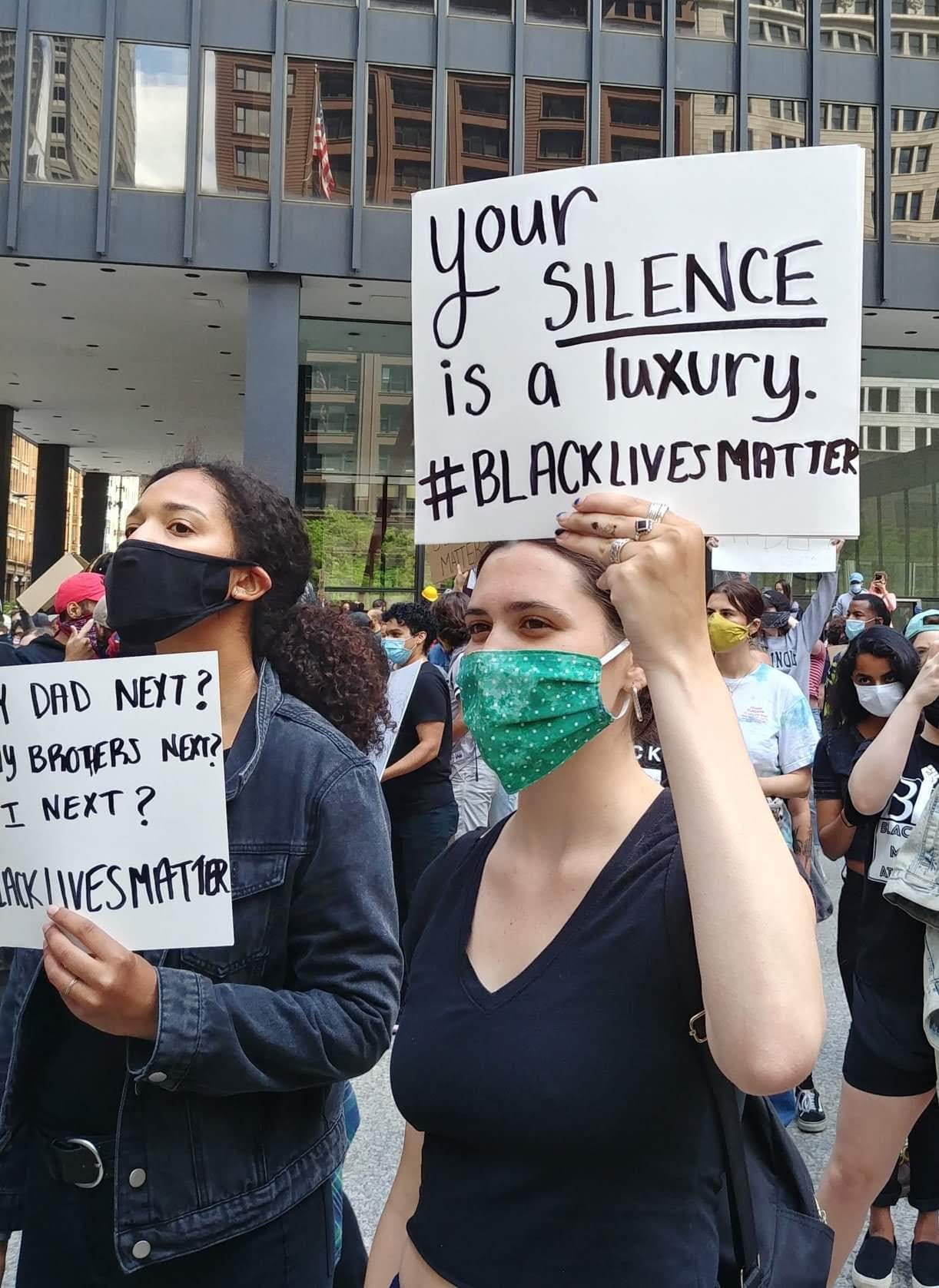
Sorry Matt: “The overwhelming majority of participants have been peaceful, courageous, responsible, and inspiring.” You can say the EXACT same thing regarding Jan 6. "Mostly peaceful" just does not cut it ... then or on Jan 6. The harm of Jan 6 to our institutions has been well documented. The harm done to Chicago by the "mostly peaceful" protests and its businesses and citizens persists today ... has been well documented, but mostly ignored. I would also suggest you put this into perspective in terms of human life. There I believe, was ONE death in DC directly attributed to Jan 6. On the contrary, there were over 80 shootings and at least 20 deaths directly attributed to the "mostly peaceful" George Floyd protests in Chicago. I know. The facts can be very inconvenient to favored narratives.